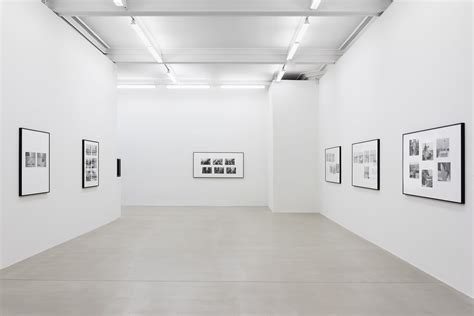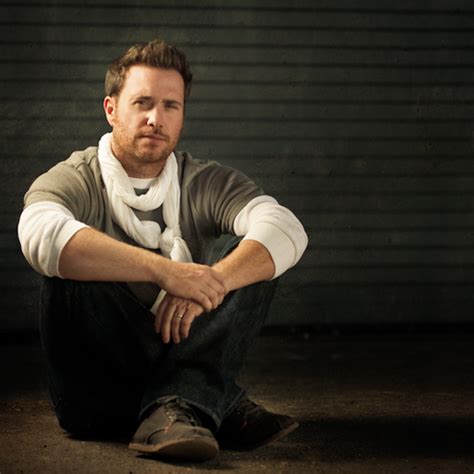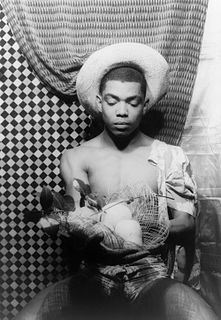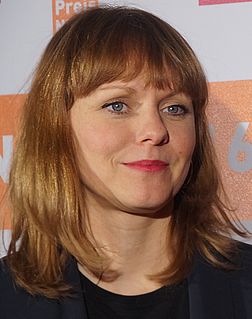A Quote by Allan Sekula
The making of a human likeness on film is a political act.
Related Quotes
You cannot persist in wanting what you already have. If you assume you are what you desire to be to the point of ecstasy, you no longer want it. Your imaginal act is as much a creative act as a physical one wherein man halts, shrinks and is blessed, for as man creates his own likeness, so does your imaginal act transform itself into the likeness of your assumption. If, however, you do not reach the point of satisfaction, repeat the action over and over again until you feel as though you touched it and virtue went out of you.
For me, it was always clear that Toni Erdmann is more a film about what globalization, capitalism, does with private relationships much more than making a "political" film. It's more interesting to raise questions, because I don't feel in a position to "make a statement" with the film. Toni Erdmann comes from a completely different generation then his daughter, it's the post-war generation, they were very politically engaged. They raised their children with a lot of human worldviews, sent them out in the world believing in a world without borders.




































